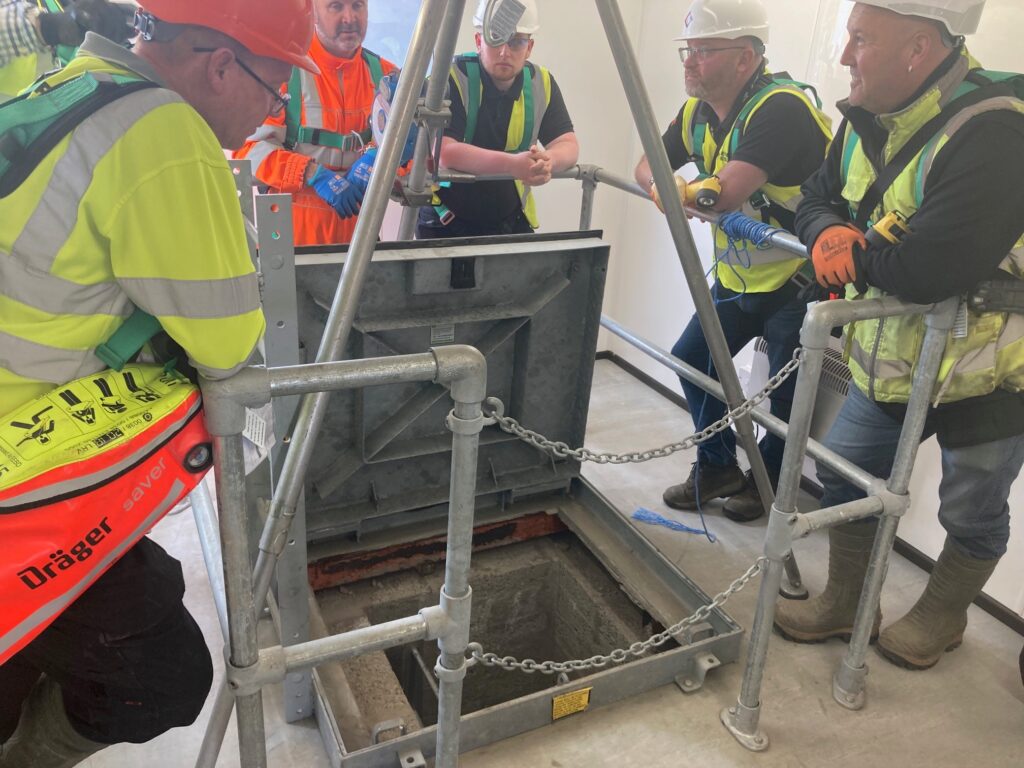The field of civil engineering often entails working in confined spaces, presenting unique challenges and risks to professionals involved in construction, maintenance, and inspection projects. To mitigate these risks, it is essential for all civil engineering companies to prioritise safety and invest in the continuous training and certification of their workforce.
Working in confined spaces demands strict adherence to the requirements of the Confined Spaces Regulations 1997 (SI 1997/1713) and our training has been designed to match the requirements of the Energy & Utility Skills National Occupational Standard EUSCS02.
George Leslie’s in-house training facility enables us to train our personnel specifically for the unique challenges of confined spaces, ensuring compliance with safety protocols. Our SQA certified programs provide comprehensive training on hazard identification, risk assessment, emergency procedures, and the proper use of personal protective equipment (PPE). By having an in-house facility, we can conduct regular training sessions to update and reinforce safety practices, reducing the likelihood of accidents and regulatory violations.
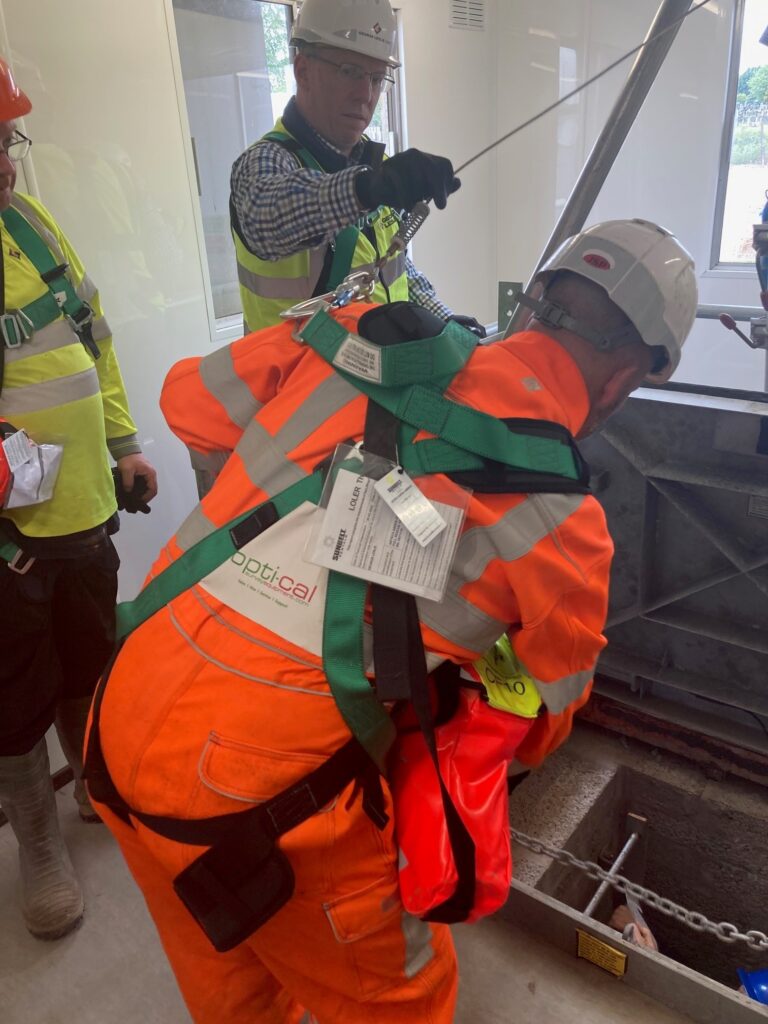
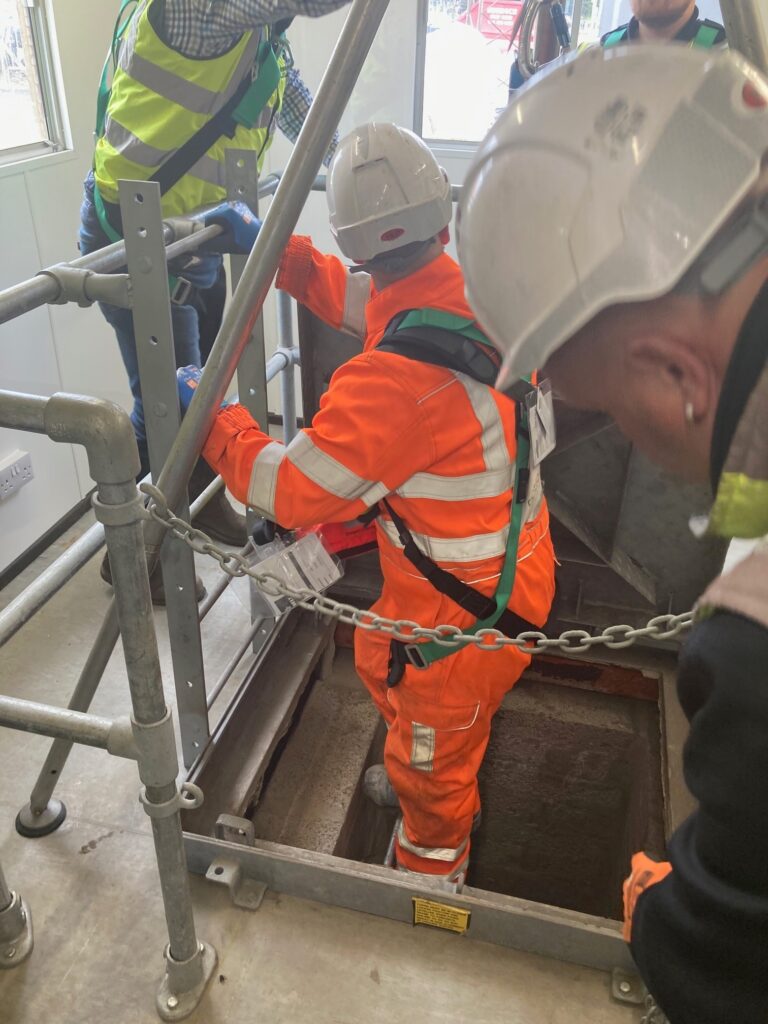
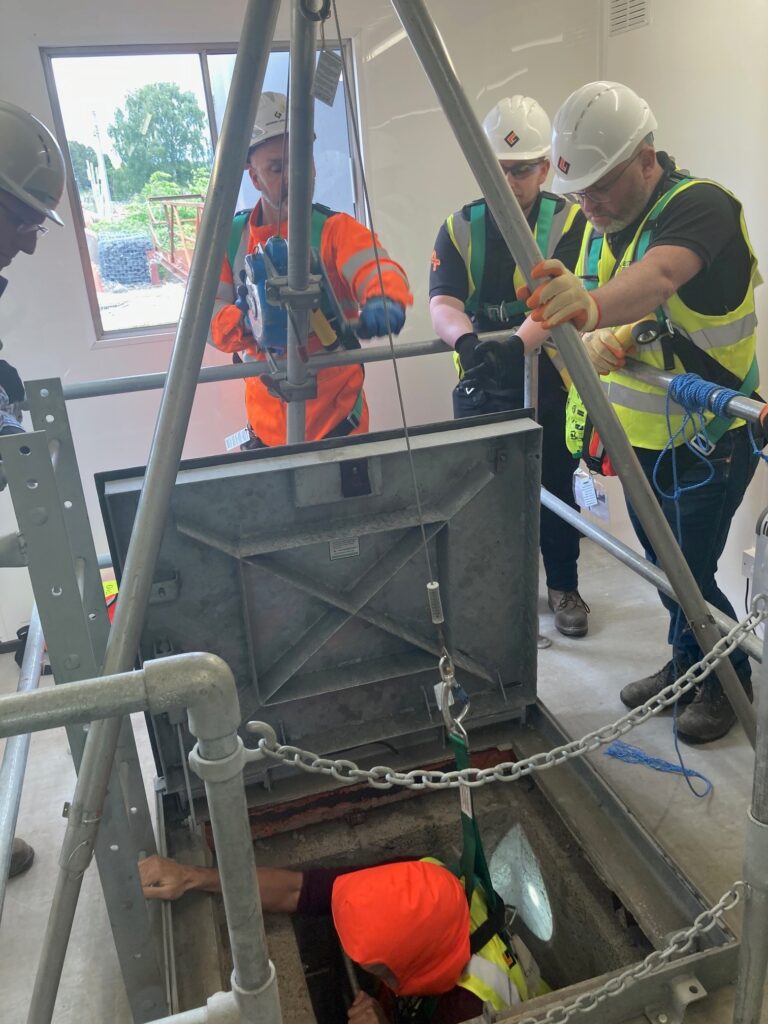
Every civil engineering project is different, and confined spaces come in various forms, such as underground tunnels, pipelines, and storage tanks. George Leslie’s in-house training facilities allow us to develop customised training programs that are specific to our projects and work environments.
These programs can incorporate site-specific hazards, simulated scenarios, and first-hand practical exercises, ensuring that employees receive targeted training that directly relates to their day-to-day tasks. Tailored training enhances our employees’ skills and knowledge, enabling them to tackle the challenges of confined spaces more effectively.
At George Leslie, we also offer our in-house training facilities to external bodies and personnel to provide the opportunity for continuous learning and skill development. Our SQA D/507/1404 certified programs which are audited by the SQA, they have ‘High Confidence’ in the identified systems that support the maintenance of SQA standards within this centre that typically cover a wide range of topics, including confined space entry, atmospheric monitoring, rescue procedures, and first aid.
By regularly updating training programs, companies can keep their employees up to date with the latest safety practices, emerging technologies, and regulatory requirements. Continuous learning not only enhances employees’ skills but also boosts their confidence, enabling them to adapt to evolving industry standards and overcome new challenges in confined spaces.
George Leslie decided to invest in an in-house training facility as it can lead to long-term cost savings and by conducting training sessions on-site, we eliminate the need to send employees to external training providers, reducing travel expenses and associated planning.
Moreover, the benefit to other companies by having their personnel trained in-house by George Leslie reduces the reliance on external contractors or consultants for confined space-related work, minimising outsourcing costs.
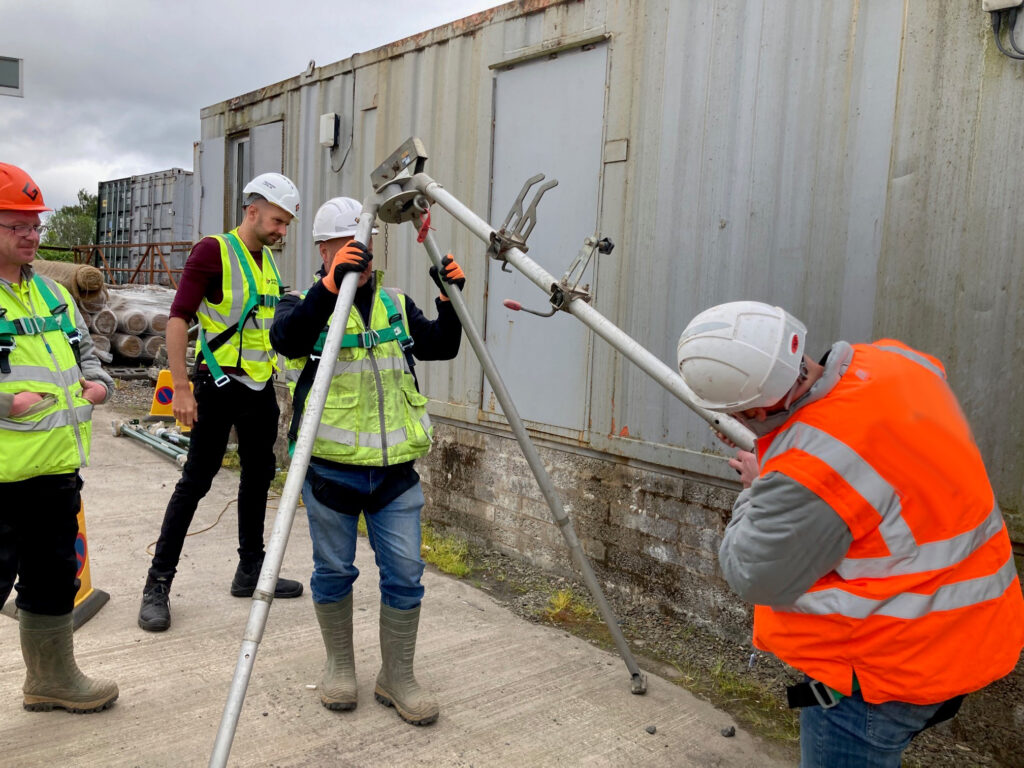
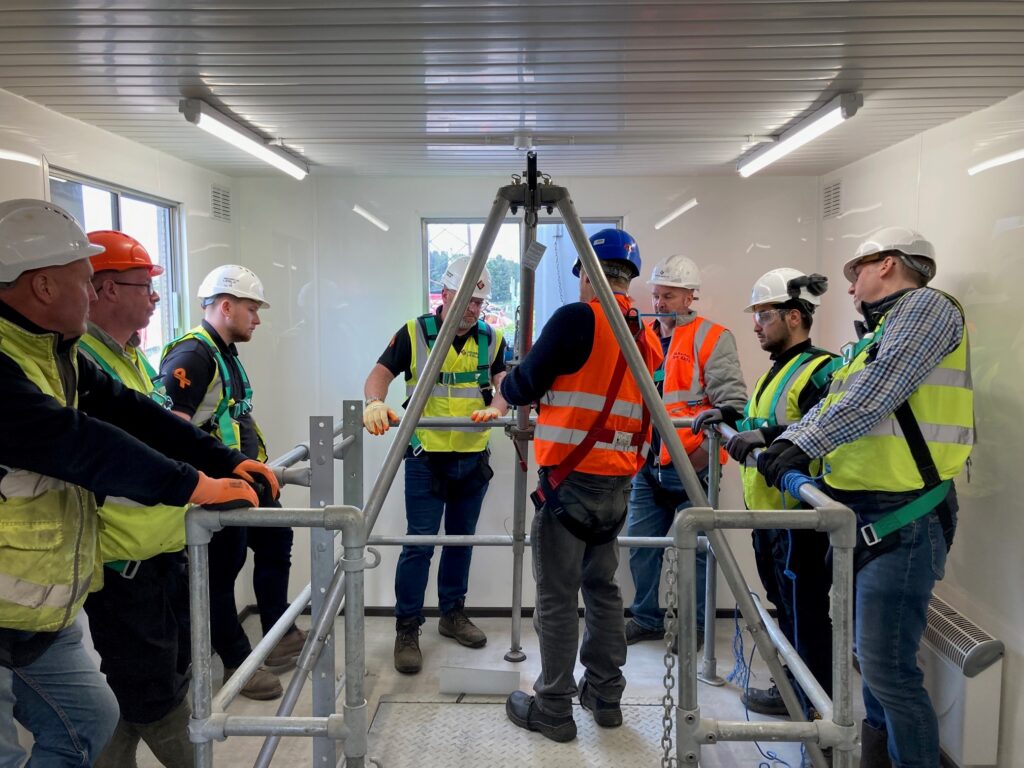
A strong safety culture is the cornerstone of successful civil engineering projects and our in-house training facility dedicated to SQA certification promotes a culture of safety within the organisation. It sends a clear message to employees that their safety is paramount and that the company is committed to providing the necessary resources for their well-being.
By prioritising safety through training and certification, we instil a sense of responsibility and vigilance among our workforce, leading to improved safety practices, reduced accidents, and enhanced overall project outcomes.
The initial investment in establishing an in-house training facility may seem significant, but the long-term benefits and cost savings make it a worthwhile endeavour.
